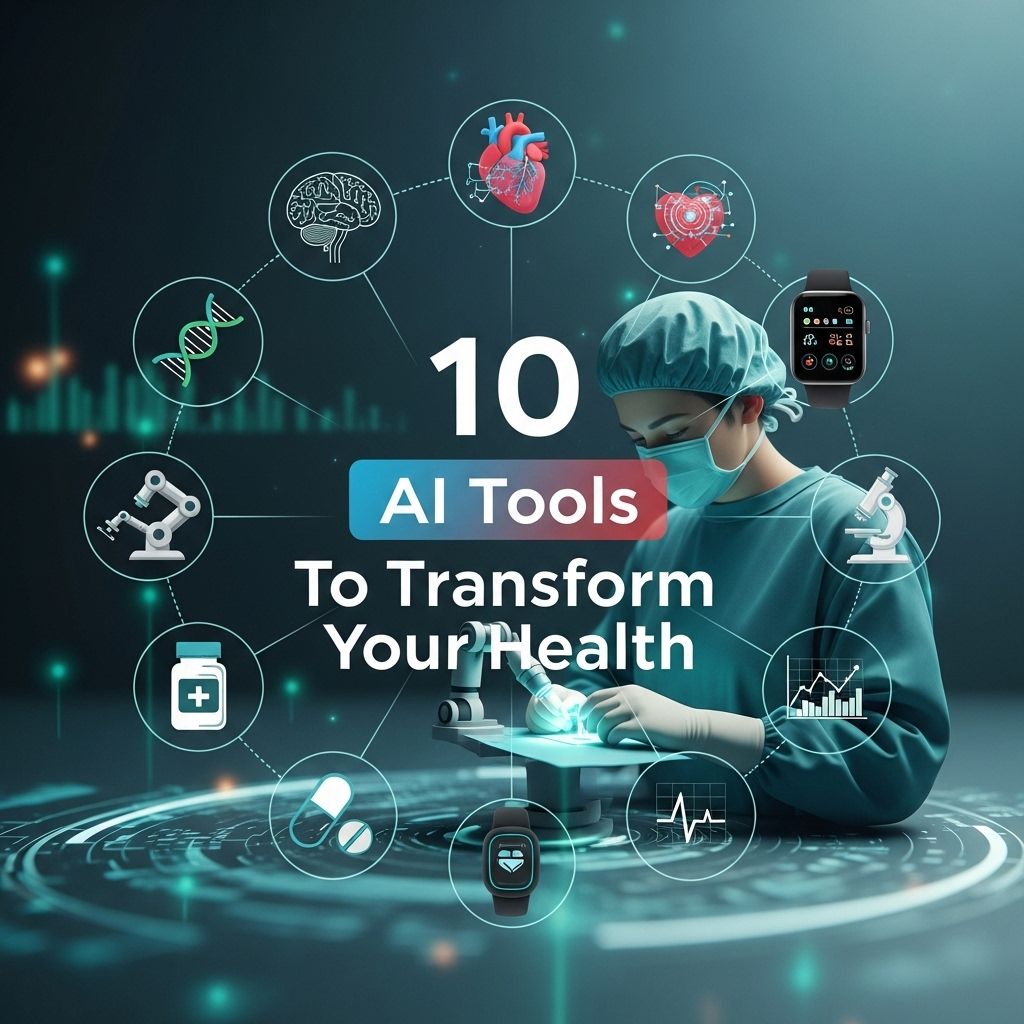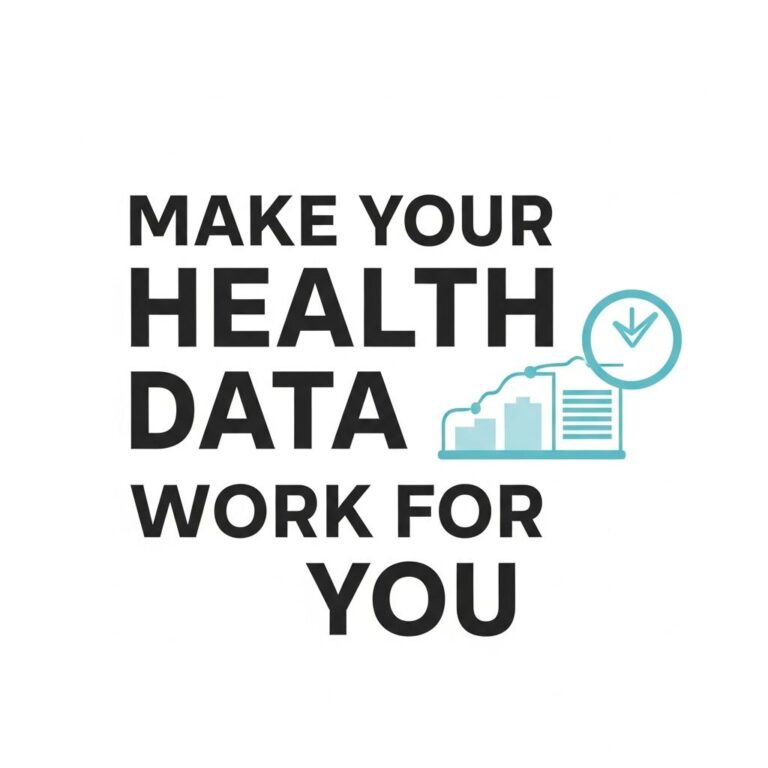In recent years, artificial intelligence (AI) has emerged as a transformative force across various industries, and healthcare is no exception. With its capacity to analyze vast amounts of data and learn from it, AI is revolutionizing patient care, diagnostics, and overall health management. From personalized treatment plans to predictive analytics, the benefits of integrating AI into healthcare are immense. In this article, we will explore ten cutting-edge AI tools that are changing the way we approach health and wellness.
Table of Contents
1. IBM Watson Health
IBM Watson Health utilizes cognitive computing to analyze the nuances of health data. It helps healthcare providers identify treatment options tailored to individual patients by comparing patient data with extensive medical literature.
Key Features:
- Cognitive analysis of patient data
- Identification of personalized treatment options
- Integration with electronic health records (EHR)
2. Google DeepMind Health
DeepMind Health is an AI tool developed by Google’s DeepMind, focusing on medical imaging. It has made significant advancements in diagnosing diseases like diabetic retinopathy and age-related macular degeneration from eye scans.
Benefits:
- Enhanced accuracy in disease diagnosis
- Reduced waiting times for patients
- Support for healthcare professionals through decision-making
3. Tempus
Tempus is a technology company that utilizes AI to analyze clinical and molecular data to help oncologists make informed decisions about cancer care. By harnessing machine learning, it provides insights into the most effective treatments for individual patients.
How It Works:
| Feature | Description |
|---|---|
| Data Analysis | Integrates clinical data with genomic data |
| Personalized Medicine | Offers tailored treatment options based on patient data |
| Real-Time Insights | Provides up-to-date information on treatment efficacy |
4. Buoy Health
Buoy Health uses AI to guide patients towards the right level of care based on their symptoms. It creates an interactive experience that helps users self-triage and find appropriate medical assistance.
Features:
- Symptom checker powered by AI
- User-friendly interface
- Directs users to relevant healthcare resources
5. Zebra Medical Vision
Zebra Medical Vision specializes in AI algorithms for analyzing medical imaging data. Its technology can identify various health conditions from radiology scans with high accuracy.
Applications:
- Detection of cardiovascular diseases
- Identification of various cancers
- Assessment of skeletal issues
6. GRAIL
GRAIL focuses on early cancer detection through blood tests. This AI-driven tool analyzes genomic data to identify signs of cancer at an early stage, significantly increasing the chances of successful treatment.
Impact:
- Increased survival rates through early detection
- Minimally invasive testing methods
- Support for preventive healthcare measures
7. HealthTap
HealthTap leverages AI to provide virtual healthcare services. Users can consult with licensed physicians through a digital platform, receiving immediate medical advice and treatment recommendations.
Advantages:
- Convenient access to healthcare
- Reduced healthcare costs
- 24/7 availability of medical consultations
8. Aifred Health
Aifred Health uses AI to optimize treatment plans for patients with mental health conditions. By analyzing patient data, it helps clinicians personalize interventions and improve patient outcomes.
Key Features:
| Feature | Description |
|---|---|
| Data-Driven Insights | Utilizes machine learning to assess treatment options |
| Personalized Care | Tailors mental health treatments to individual needs |
| Collaboration Tools | Facilitates communication between patients and providers |
9. HeartFlow
HeartFlow is an AI-based tool that creates a 3D model of a patient’s coronary arteries using CT scan data. This model helps physicians determine the severity of blockages and develop appropriate treatment plans.
Benefits:
- Improved accuracy in diagnosing heart conditions
- Non-invasive assessment of coronary artery disease
- Enhanced patient outcomes through personalized care
10. Lumeon
Lumeon is a care pathway management solution that employs AI to streamline patient care processes. It helps healthcare providers manage patient journeys more effectively, improving engagement and outcomes.
Features:
- Automated care coordination
- Patient engagement tools
- Real-time analytics for better decision-making
Conclusion
The integration of AI tools in healthcare is paving the way for a more efficient and effective system. From improving diagnostics to personalizing treatment plans, these innovations are set to enhance patient care significantly. As technology continues to advance, we can expect even more groundbreaking solutions that will undoubtedly reshape the future of healthcare.
FAQ
What are the top AI tools for improving health?
The top AI tools for improving health include fitness tracking apps, virtual health assistants, telemedicine platforms, personalized nutrition apps, and AI-driven mental health support.
How can AI tools help with fitness and exercise?
AI tools can provide personalized workout plans, track progress, analyze performance data, and offer real-time feedback to optimize fitness routines.
Can AI tools assist in managing mental health?
Yes, AI tools can offer mental health support through chatbots, mood tracking apps, and platforms that connect users with licensed therapists.
Are there AI tools for personalized nutrition?
Absolutely! AI tools can analyze dietary habits and preferences to create customized meal plans and offer nutritional advice based on individual health goals.
How do telemedicine platforms utilize AI?
Telemedicine platforms use AI for patient triage, symptom analysis, and to enhance communication between patients and healthcare providers, improving overall care.
What should I consider when choosing an AI health tool?
When choosing an AI health tool, consider factors such as user reviews, data privacy, ease of use, compatibility with other devices, and the credibility of the technology.







